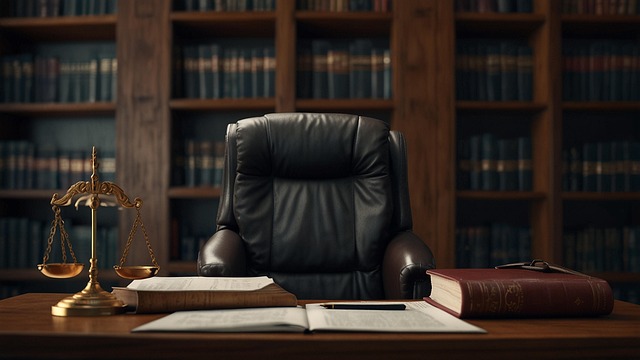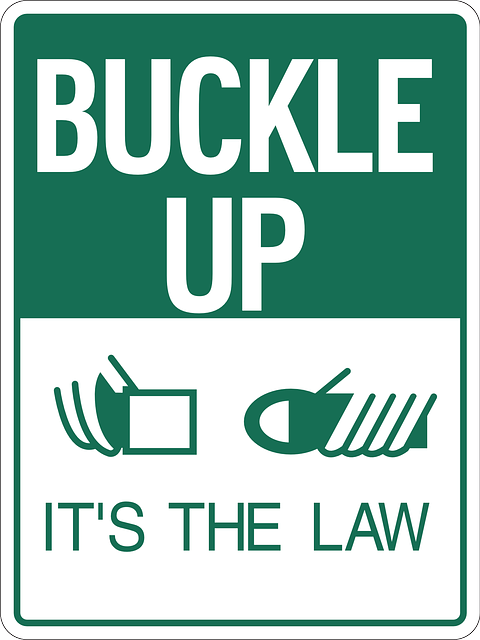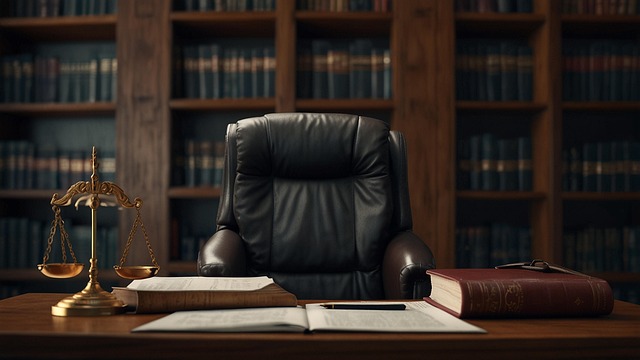Consumer protection laws, rooted in the Right to a Fair Trial as enshrined in the Constitution, are vital for safeguarding individuals against corporate misconduct and ensuring their legal rights. This framework promotes ethical business practices, fosters trust, and allows consumers to seek justice through precise legal strategies. By enabling comprehensive discovery, court hearings, and decisions on motions, these laws empower consumers to hold businesses accountable, secure compensation, and deter future violations, ultimately reinforcing the rule of law.
Consumer protection suits are a vital mechanism ensuring businesses uphold ethical standards and treat consumers fairly. This article delves into the intricate world of consumer rights, focusing on the Right to a Fair Trial as enshrined in the Constitution. We explore how these laws protect individuals from manipulative practices, detailing the steps involved in Navigating Legal Process for an informed approach. Understanding these protections is crucial for both consumers and businesses alike, fostering trust and ensuring market integrity.
- Understanding Consumer Protection Laws and Their Rationale
- The Right to a Fair Trial: Protections for Consumers
- Navigating Legal Process: Steps in Consumer Protection Suits
Understanding Consumer Protection Laws and Their Rationale

Consumer protection laws are a cornerstone of modern legal systems, designed to safeguard individuals from unfair practices and ensure their rights are upheld. These laws serve as a regulatory framework, promoting ethical business conduct and fostering trust between consumers and businesses. The rationale behind such legislation is multifaceted; primarily, it aims to protect the vulnerable consumer from being exploited by powerful corporations or individuals with significant market influence. By establishing clear guidelines and standards, these laws empower consumers to make informed decisions, ensuring they receive quality products or services without deception or manipulation.
The Right to a Fair Trial, enshrined in the Constitution, is a fundamental aspect of consumer protection. It ensures that businesses face due process when accused of wrongdoing, providing an unprecedented track record of fair and just resolutions. This balance between consumer rights and business accountability is crucial, preventing the complete dismissal of all charges without a thorough investigation. A robust general criminal defense strategy, coupled with these consumer protection measures, allows for a balanced legal ecosystem where both parties are protected by the rule of law.
The Right to a Fair Trial: Protections for Consumers

In consumer protection suits, ensuring the Right to a Fair Trial is paramount. This constitutional principle guarantees that consumers face no unfair barriers or biases when seeking legal redress. It empowers them to navigate the justice system effectively, aiming for resolutions that safeguard their interests and rights. A fair trial allows consumers to present their cases, challenge evidence, and have their voices heard without undue influence or pressure from corporations or other entities.
This right is a cornerstone in the battle against corporate misconduct, enabling consumers to demand accountability. It fosters trust in the legal process, encouraging consumers to take action when faced with unfair business practices. Through robust general criminal defense mechanisms, consumers can achieve extraordinary results, holding businesses accountable and securing compensation for their suffering. This not only serves as a deterrent but also reinforces the role of the philanthropic and political communities in upholding justice and protecting consumer rights.
Navigating Legal Process: Steps in Consumer Protection Suits

Navigating the legal process in consumer protection suits is a delicate matter that demands careful steps to ensure justice and fairness. The journey begins with the initial filing, where consumers or relevant authorities present their case, outlining alleged violations and seeking redress. This phase is crucial for establishing the facts and setting the tone for the entire proceedings.
Subsequent stages involve discovery, during which both parties exchange information and evidence, allowing for a thorough understanding of the case. The court will then hear arguments from both sides, ultimately making decisions on motions, including those for summary judgment or a complete dismissal of all charges. A successful outcome can lead to achieving extraordinary results in favor of the consumer, protecting their rights, and ensuring businesses uphold their responsibilities as enshrined in the Constitution’s right to a fair trial.
Consumer protection suits are a vital mechanism ensuring businesses uphold their duty of fairness under the Constitution. By navigating the legal process, consumers can assert their rights and hold companies accountable for any violations. Understanding both the laws and the procedural steps is essential to achieving justice and safeguarding everyone’s interests in a fair trial.






